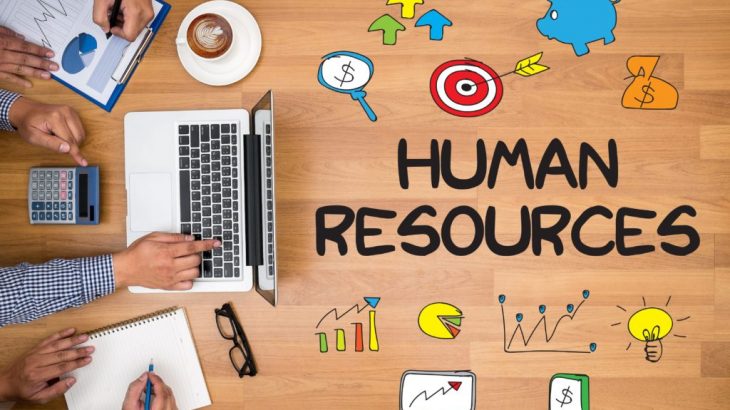One of the most complex — and potentially rewarding — issues in which human resources professionals engage is working with an aging workforce. Mature workers may have projected for themselves an impending end to their careers; however, concerns brought on by an erratic economy and pension instability have forced many to extend their working years longer than anticipated. For HR personnel, aging employees engender challenges as well as offer new opportunities for your business.
Succession Planning
When workers near retirement, your HR department must strive to find employees to fill the potential void. Your business may discover that it is more desirable to retain your mature workers for the years ahead. These employees represent value to your business by virtue of their experience and knowledge gained over their length of employment. HR staff members can revise job descriptions to counterbalance the skill sets of your senior workforce or devise flexible work programs.
Health and Safety
Aging employees may naturally become more susceptible to more frequent doctor’s visits or even time off because of illness. Your business’ health plan can incur increased medical costs, which HR personnel will necessarily monitor. Your HR staff members can encourage budgeting for the rise in these costs and implement a contingency plan to cover work shifts, if necessary. Your human resources team might develop more in-depth wellness programs for your employees. Safety policies and procedures should be reviewed consistently to facilitate their expansion as your employees age.
Team Development
Your HR professionals can construct ways to disseminate the invaluable experience and knowledge amassed by older workers — for example, developing a job sharing program in which both younger and older employees exchange work-related information. HR personnel can create a formal mentoring program as a means of transferring relevant business knowledge to younger employees. In this way, your business might avoid the vacuum created by the loss of senior people.
Age Discrimination
The rigorous employment laws guarding against age discrimination should be at the forefront when your HR personnel devise and implement any changes in the terms of work. Such developments must not be applied strictly to your older employees, as doing so can equate to a form of discrimination and can draw unwanted litigation. Any changes in job descriptions, policies or procedures must apply evenly to all your employees. Older personnel are protected under law by the Employee Retirement Income Security Act, the Age Discrimination in Employment Act and federal tax codes. Your HR professionals should first become well-versed in these and other employment laws before making changes to accommodate employees.





